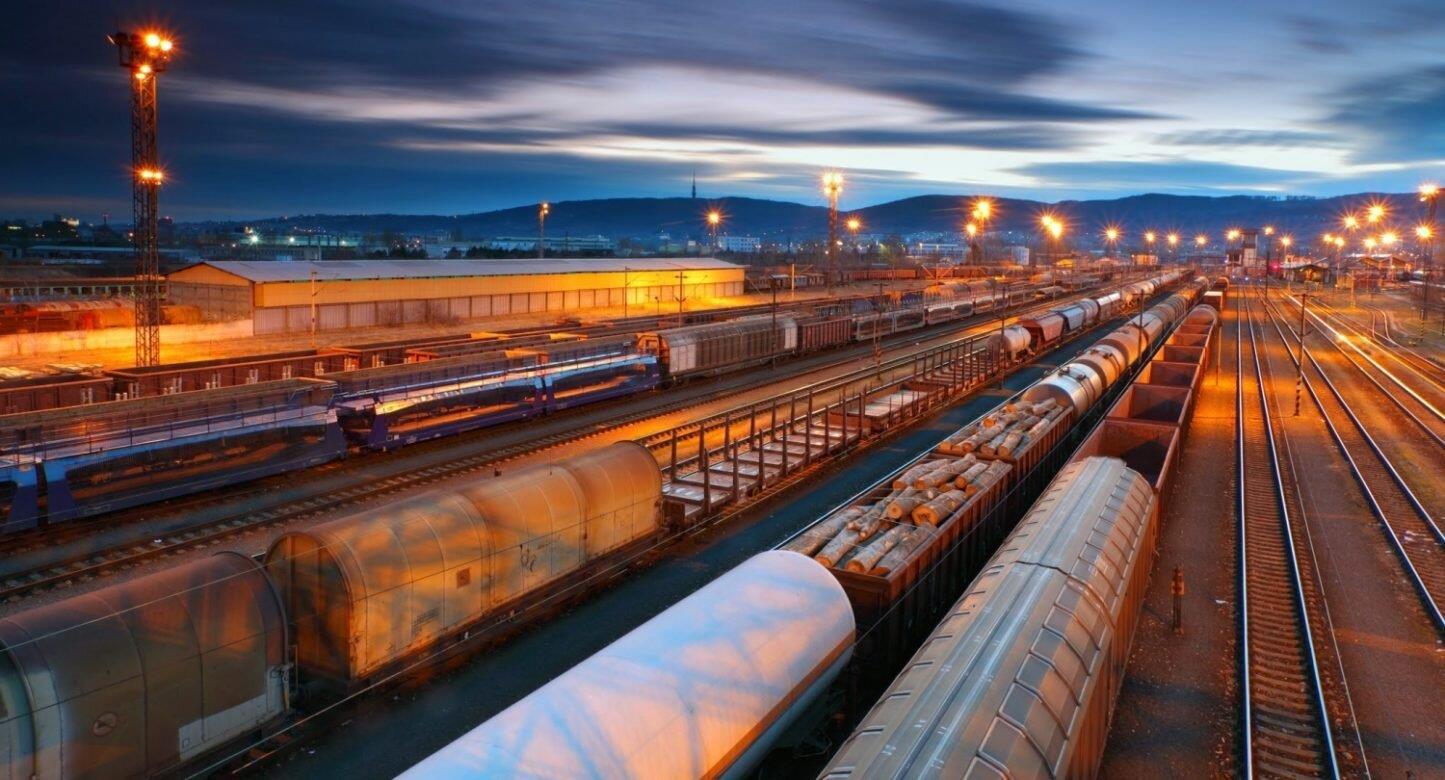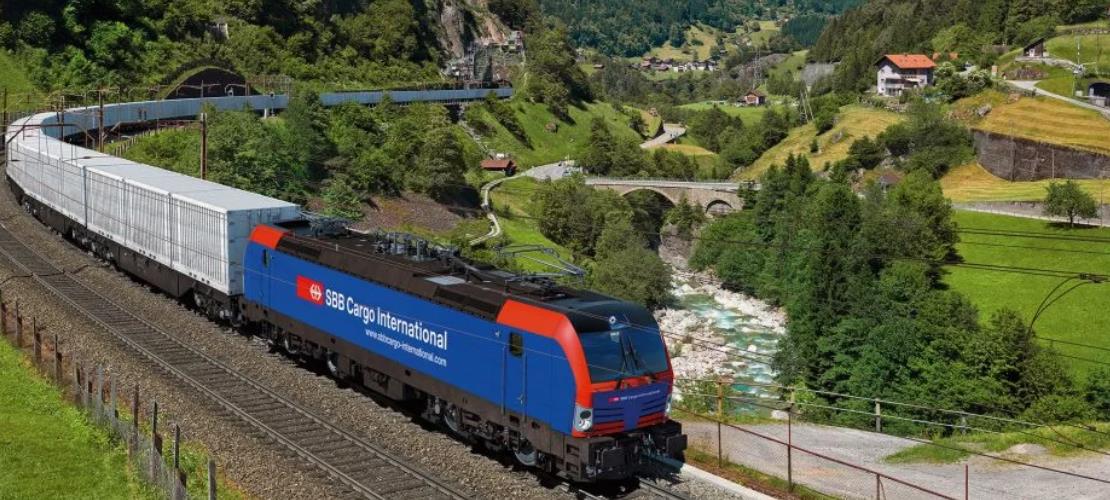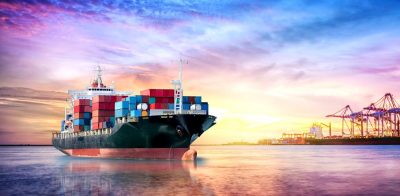Railway exchange.
International rail transport is an alternative that is faster than sea and cheaper than air. The idea of sharing free railway capacity based on artificial intelligence is also relevant, as in the above-mentioned areas of logistics: air, sea and road transport. The future of the rail market – in a new digital form that meets today’s business needs.
The digital rail market is not as large as, say, road or maritime transport, which we have covered in our previous publications, but we will try to highlight the main points of the work and present it to interested parties – shippers, freight forwarders, train operators, wagon owners, consulting companies, available IT services.
Digitalization is fundamental to make rail transport economically viable and environmentally friendly, which allows for innovation and new markets.
Rapid response to changing trends provides enormous advantages in the competitive struggle in the logistics sector, since logistics processes are one of the significant components in the formation of value in the business models of any company, regardless of industry affiliation.
The demand for advanced digital technologies in transport and logistics, which amounted to $1.24 billion in 2020, will increase to $6.27 billion in 2030. In this structure, the share of artificial intelligence and neurotechnologies will be 35%, while the annual growth is 40%. In addition, across all industries, transport and logistics companies can become one of the key consumers of artificial intelligence-based solutions in the long term up to 2030.
Participants in the railway industry, united in professional international coalitions, closely monitor the constantly changing trends and challenges of the modern world, developing solutions and products to increase transportation potential, enhancing the synergy of cooperation in the exchange of innovations, technologies and information, digitalization of wagon fleets and other areas of development.
This overview highlights just a few of the European logistics digitalization players and solutions, private and internationally networked professional coalitions, B2B platforms and integrated software modules, as examples of large, fast-growing, technology-enabled supply chain companies poised for transformative growth.






